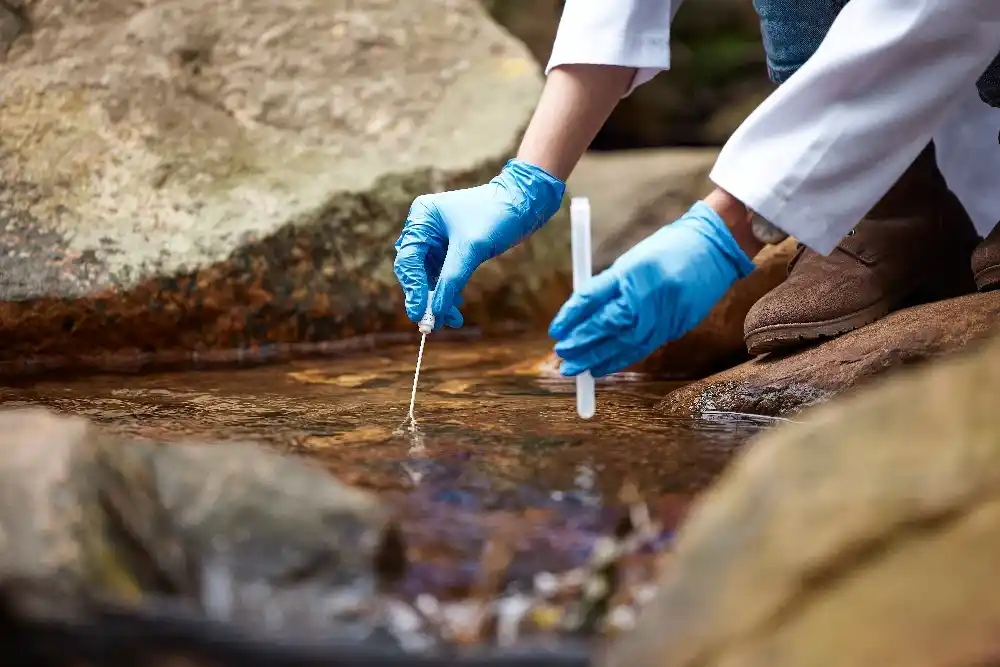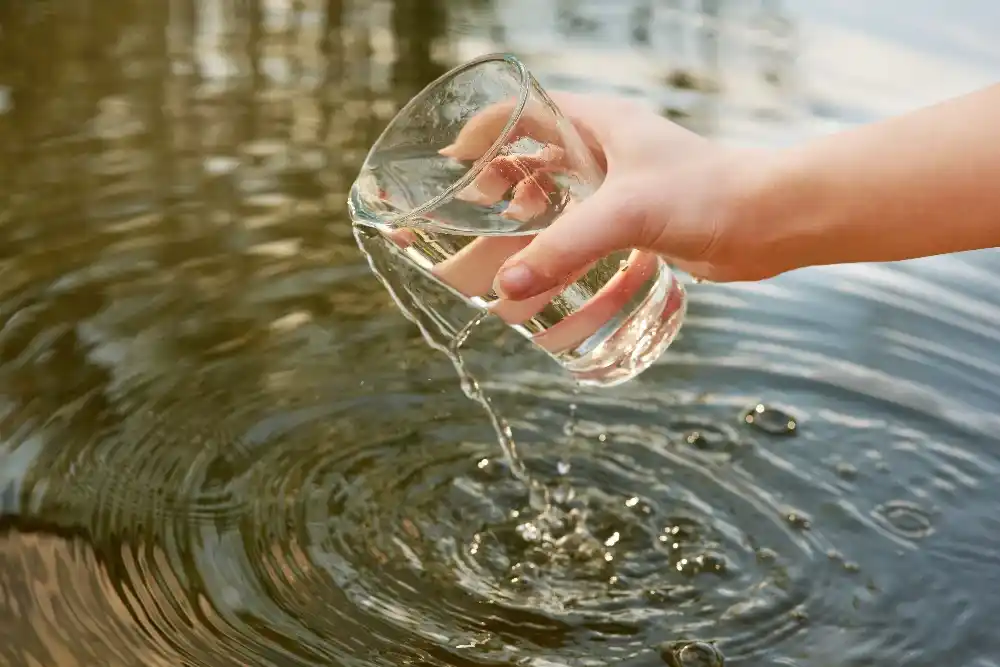Water Heater Permit in Texas: Requirements, Costs & How to Apply

Water is a necessary component of our day-to-day life, from cooking and cleaning to bathing and drinking. But have you ever been concerned about the quality of your water? Understanding the Texas water quality and hardness levels is critical for sustaining a healthy household. Let’s look at what distinguishes Texas water, the issues faced by hard water, and how to handle it efficiently.
What Is Water Hardness?
Definition of Water Hardness
Water hardness implies the concentration of dissolved minerals in your water, primarily calcium and magnesium. The concentration of these minerals determines how hard the water is.
Why Does Texas Have Hard Water?
Texas’s water hardness level is high because of its limestone-rich soil. As water passes through the earth, it gathers up these minerals, resulting in widespread hard water in Texas.
Texas Water Quality Overview
What Type of Water Does Texas Have?
Texas contains both surface water (from lakes, rivers, and reservoirs) and groundwater (from aquifers). While municipal treatment plants maintain the Texas tap water safety, many places still have significant natural mineral content, making water hardness a regular concern.
Factors That Affect Water Quality in Texas
Natural Minerals and Sediment
Many sections of Texas include naturally occurring minerals that cause hardness, silt accumulation, and flavor variances in tap water.
Chlorine and Fluoride in Municipal Water
Chlorine and fluoride in municipal water can affect taste and skin sensitivity despite its disinfectant and quality-improving purpose.
Industrial and Agricultural Pollutants
Some places may be contaminated with water from industry, farming runoff, and aging infrastructure, lowering general Texas water quality.
Why Is Water Hardness a Concern in Texas?
Common Household Issues Caused by Hard Water
Scale Buildup in Pipes and Fixtures
Common household issues caused by hard water include scale buildup in pipes and fixtures.
Appliance Damage and Shortened Lifespan
Hard water causes dishwashers, washing machines, and water heaters to work harder, resulting in premature failures.

Reduced Water Heater Efficiency and Higher Energy Bills
Sediment accumulation in water heaters affects efficiency, making it difficult to heat water and raising energy expenses.
Soap Scum and White Stains on Fixtures and Dishes
If you’re continually scrubbing chalky stains off your sinks, shower doors, or dishes, water hardness by city in Texas might be the cause.
Skin and Hair Problems Caused by Hard Water
Hard water removes moisture from your skin and hair, resulting in dryness, irritation, and dull hair.
Increased Maintenance and Plumbing Repair Costs
Hard water causes homeowners to incur continuous costs, such as fixture replacement and appliance descaling.
Texas Water Hardness Levels by City and Zip Code
Understanding Water Hardness Levels
Water hardness is represented in grains per gallon (gpg). Here is a basic breakdown:
- Soft Water: 0-3 gpg
- Moderately Hard Water: 3-7 gpg
- Hard Water: 7-10 gpg
- Very Hard Water: 10+ gpg
Water Hardness in Major Texas Cities
Different parts of Texas encounter varied hardness levels:
- Austin: 15-20 gpg (Very Hard)
- Houston: 8-10 gpg (Hard)
- San Antonio: 15-20 gpg (Very Hard)
- Dallas: 7-9 gpg (Hard)
- Fort Worth: 12-15 gpg (Very Hard)
- El Paso: 17-19 gpg (Very Hard)
- Corpus Christi: 12-14 gpg (Very Hard)
Check your local municipal water report for full information on Texas water hardness by zip code.
Best Solutions for Managing Hard Water in Texas
Water Softeners and How They Work
One of the most successful options is to install water softeners in Texas. These systems employ ion exchange to eliminate calcium and magnesium, which prevents scale accumulation and extends appliance life.
Whole-House Filtration Systems
Whole-house filtration systems handle a variety of water quality concerns, including hardness, chlorine, and sediment, resulting in better-tasting and safer water.
Reverse Osmosis for Drinking Water
A reverse osmosis system filters out contaminants, resulting in clean, softened water for drinking and cooking.
FAQs About Texas Water Quality
Is Texas tap water safe to drink?
Although municipal water is treated for safety, it may still include excessive mineral levels, chlorine, or other impurities.
What is a good water hardness level for a home?
To avoid problems in the home, water hardness should be kept below 7 gpg.
Can I fix hard water problems without installing a softener?
While certain filters can reduce hardness marginally, a softener is the most effective long-term option.
Which Texas cities have the hardest water?
San Antonio, El Paso, and Austin have some of Texas’ toughest water.
How can I prevent soap scum from forming in hard water areas?
Water softeners and vinegar-based cleaning solutions can help decrease soap scum accumulation.
Take Control of Your Home's Water Quality Today!
If you’re dealing with hard water in Texas, now is the time to make a change. Do not allow mineral accumulation to harm your property or appliances. Dinomite Services specializes in providing the best water treatment for Texas homes, including high-quality water softeners, filtration systems, and professional solutions suited to your specific needs.
Visit Dinomite Services today to book a consultation to improve the water quality in your house!
